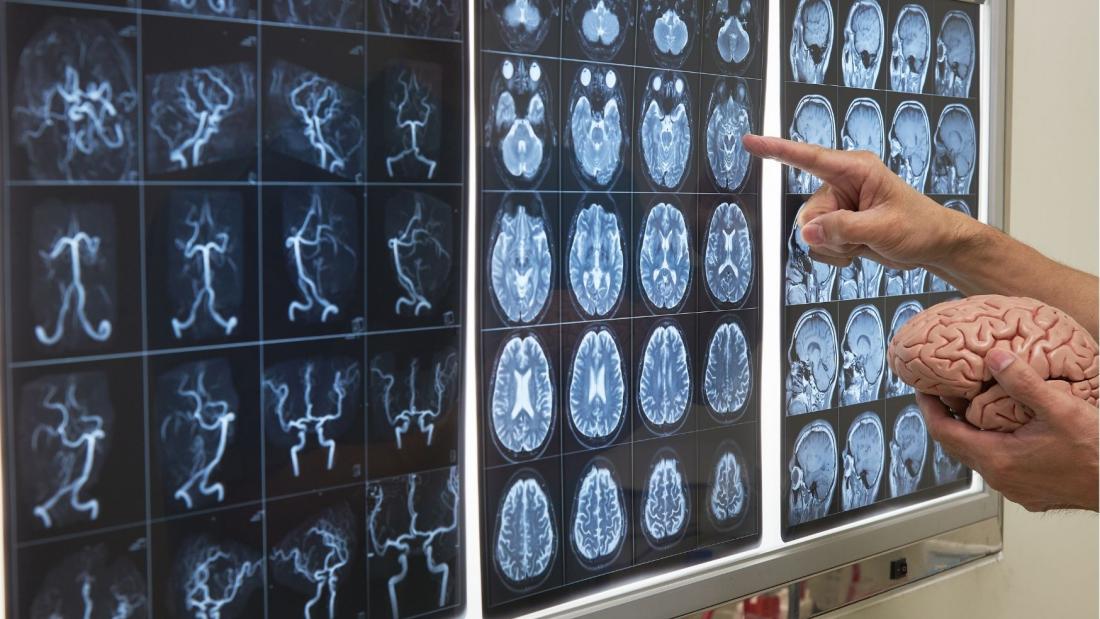About This Course
This short course is designed for healthcare professionals and academics with an interest in the rehabilitation of neuropsychiatric disorders. It is particularly beneficial for doctors, nurses, therapists, psychologists, and researchers looking to enhance their knowledge and engage in multidisciplinary discussions.
Why study this course?
The course provides an overview of neurorehabilitation topics through detailed case presentations and in-depth discussions of challenging clinical cases encountered during rehabilitative care.
Participants will have the opportunity to:
- Reflect on and compare clinical habits and practices.
- Explore the pitfalls and advantages of different approaches to care.
- Engage with a diverse group of clinicians to broaden their perspectives.
How long does this course take to complete?
Learning Rounds take place once a month, with 10 sessions held throughout the calendar year.
Tutor
Dr Giovanni d’Avossa

Dr Giovanni d’Avossa is a Lecturer in the School of Psychology and Sport Sciences at Bangor University and an Honorary NHS Neurology Consultant. His primary research interest lies in understanding the consequences of brain damage on mental and physical impairment.
Course Content
What will you study on this course?
Participants will gain comprehensive insights into the clinical presentation and progression of neuropsychiatric cases. Topics will include:
- The Relationship Between Brain Damage and Neuropsychiatric Impairments: Examining the interplay between neurological damage and cognitive, emotional, and physical dysfunctions.
- Diagnostic Criteria for Mental Health, Cognitive, Motor, and Communication Disorders: Understanding key frameworks used in clinical assessments.
- Planning Rehabilitative Treatments: Developing tailored therapeutic strategies for patient care.
- Assessing and Predicting Outcomes: Learning to evaluate prognosis and long-term recovery potential. The sessions will cover methodologies for diagnosing, treating, and planning rehabilitative interventions, supported by clinical assessments, instrumental findings, and laboratory data.
Entry Requirements
Participants are required to maintain patient confidentiality and must meet at least one of the following criteria:
- Be a healthcare professional working in a clinical capacity.
- Be a student enrolled in a formal clinical training course.
- Be a researcher affiliated with an academic institution.
- Be a lived experience expert affiliated with a Patient and Public Involvement (PPI) group.
- If you do not meet these criteria, please contact the course lead, Dr Giovanni d’Avossa, to discuss further.
Application
Please register your interest below and we will be in touch with further information.
Register your interest in the course

